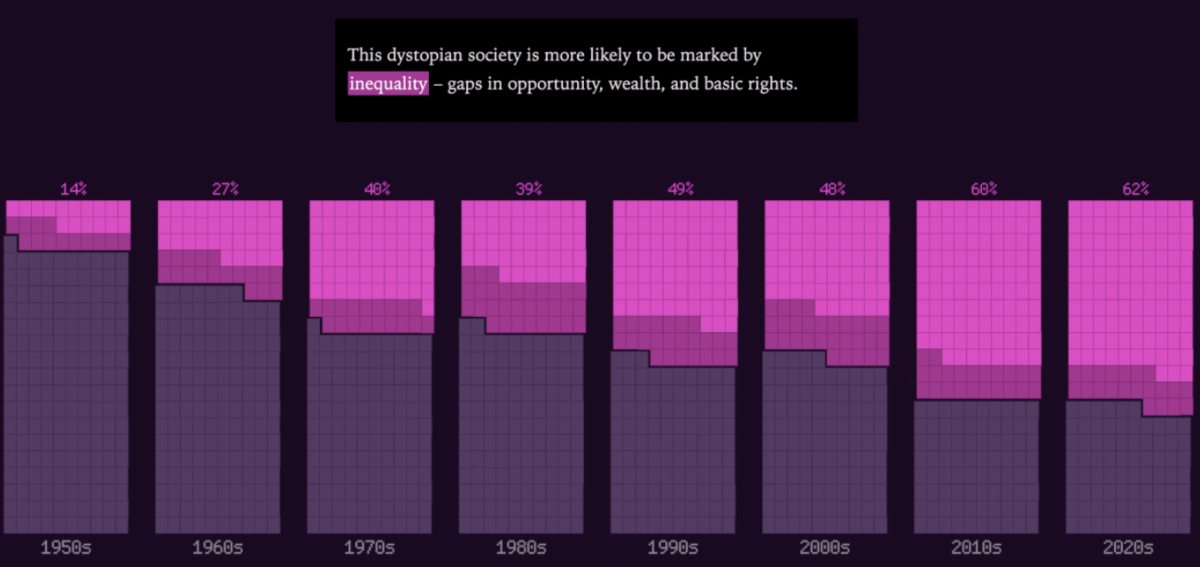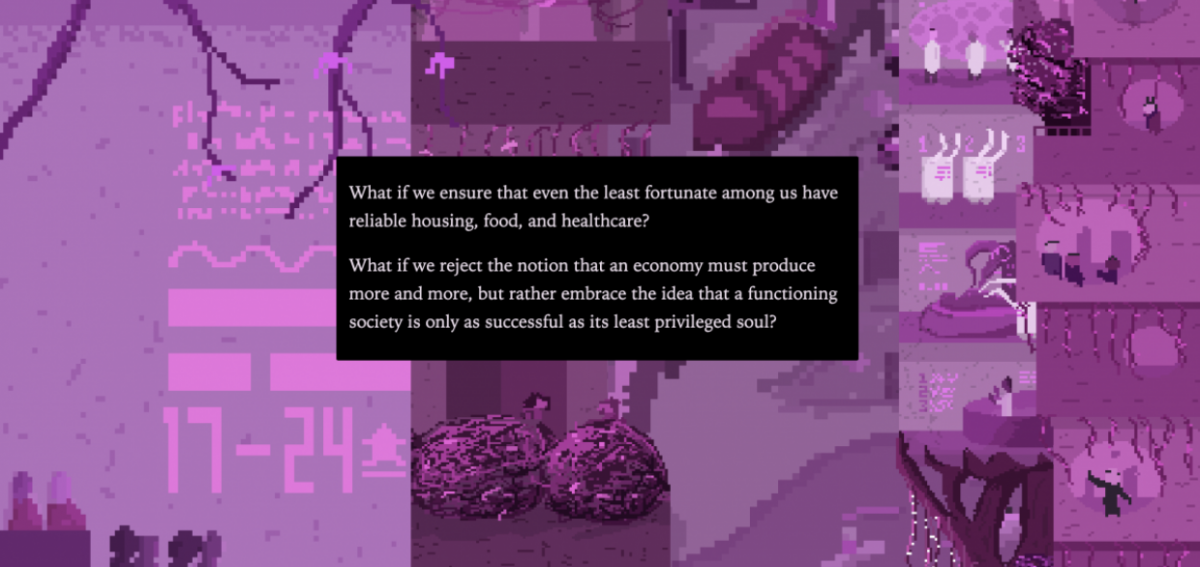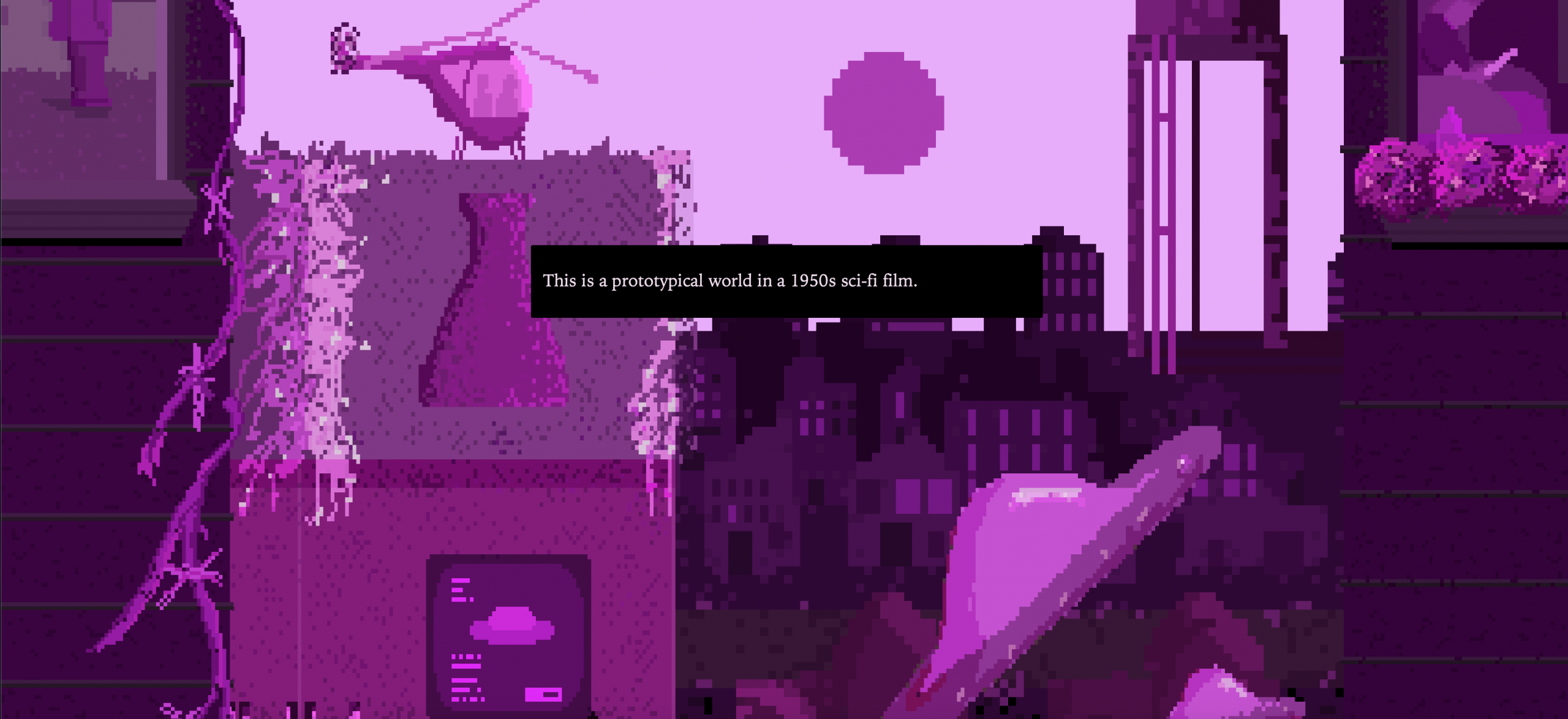Alvin Chang shows how to visualize Sci-Fi’s Growing Pessimism
While nostalgia might cloud the vision, some sci-fi enthusiasts are noticing a changing theme in their beloved films and television. What was once a genre characterized by sleek, futuristic technology and thrilling visions of scientific discovery now appears to be turning bleak and depressing.
Storybench spoke with Alvin Chang whose project “Who Killed the World?” published in The Pudding analyzed sci-fi’s recent trend toward pessimism. Chang, a seasoned data journalist and professor at the New School, shared behind-the-scenes details about the creation of his piece and offered insights from his experience.

What was the inspiration behind “Who Killed the World?”
I teach undergrads, and this feeling that everyone seemed to have was, “We couldn’t envision a version of the world that was good.” The only thing we ever talked about was, “Look at all the horrible things that either could happen or will likely happen.” Maybe it’s related to the climate crisis, or to the fall of democracy, or the economy. That’s kind of where it started. That’s kind of where ideas of mine start. I see something and think, “Can I test out this hypothesis in a way that’s a little unconventional, and gets at the way that we live our lives in our day-to-day rather than being right on the nose with it?”
I was watching a whole bunch of sci-fi films and all of a sudden, I thought, “This one gives me a lot of excitement about this future world. What other films do that? Has that changed over time?” And that grew out of that one core question of “Has it always been this way, where we couldn’t see what the future looked like, and we couldn’t get excited about it?” And my answer is no. This is something that’s newer, this pessimism, but answered through our sci-fi. That was the attempt there.
How did you gather the data for this story?
There’s a two-step process. I was trying to find some list of every single sci-fi film ever. That doesn’t exist. So the solution I landed on was using the films that had the most user votes on IMDB. So I had 200 films per decade and then I needed to find a way to analyze it. The ideal scenario would be, I watch all 1600 films. The second most ideal scenario would be I look up the synopsis about all these films and analyze it. This is where I thought, “I wonder if I can get AI to analyze this?” Then I chose the one that was the most accurate: Chat GPT.

Were the illustrations of the sci-fi worlds in the backdrop of the article hand-drawn? Are they inspired by a specific sci-fi film?
I drew those in an app that helps you make pixel drawings. Pixel drawing can get really painful because you have to draw every pixel, and draw all the shading and all that, so that took a while – the actual depictions of those worlds. I wanted to get across that there is a dystopian something or another, or that there’s a conflict going on.

How do you find stories that you’re interested in both from a data visualization standpoint and from a social advocacy perspective?
I think a lot of times the way I figure out what these stories are going to be about is by asking, “Okay, what is a thing that I’m super interested in, that I just want to find some answers to?” And when I ask the question I kind of am asking, “Is this something worth amplifying? Is this something that more people should know about?”
And a lot of times, a lot of the topics that I cover, I have covered for a long time. And so for those pieces, what I’m writing about isn’t really groundbreakingly new.
But what I’m kind of thinking is, that more people should know about this, and more people should know about what’s happening in this world. But in a way that’s really detailed, but is also a pretty easy and fun experience to go through. Or maybe not fun, but interesting.
- Alvin Chang shows how to visualize Sci-Fi’s Growing Pessimism - November 13, 2025





